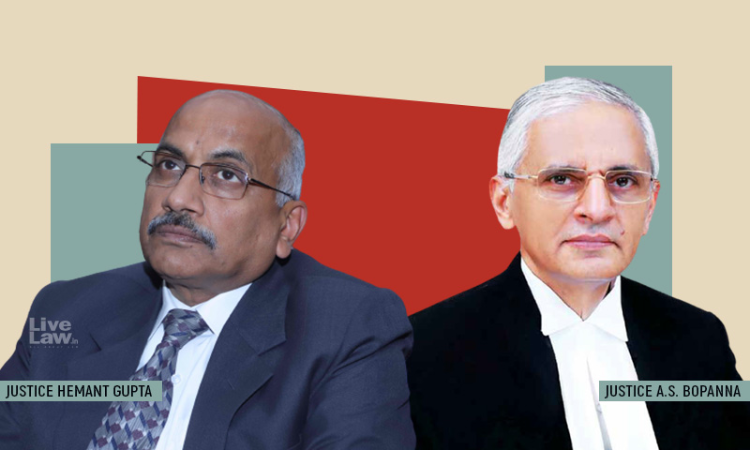Governor Can Exercise Pardon Power Even If Prisoner Has Not Undergone 14 Years Imprisonment : Supreme Court
LIVELAW NEWS NETWORK
3 Aug 2021 7:27 PM IST

Governor's powers under Article 161 of the Constitution are not restricted by Section 433A CrPC.
Next Story


